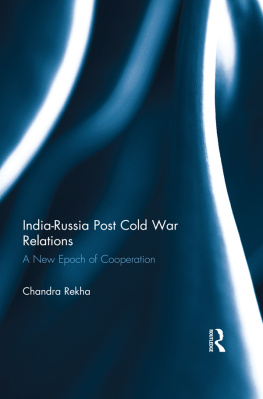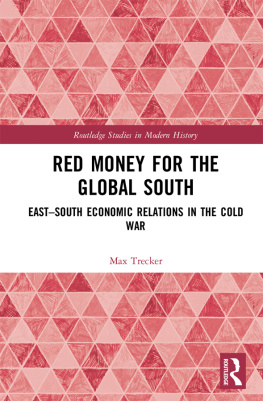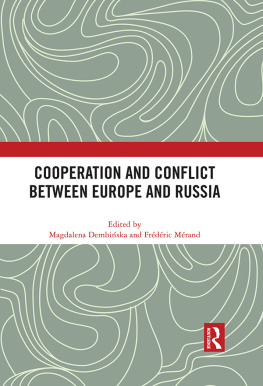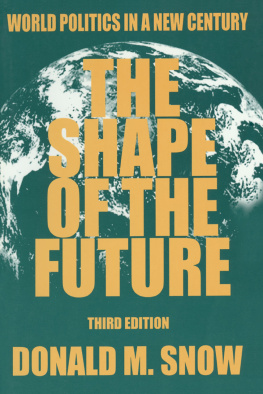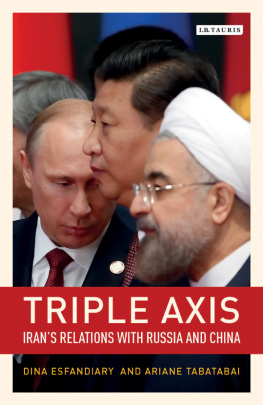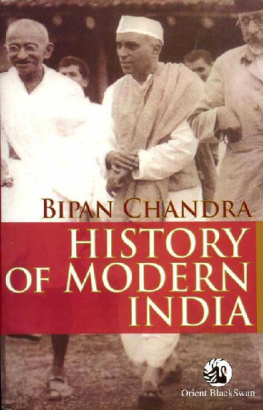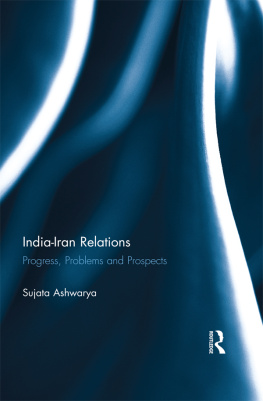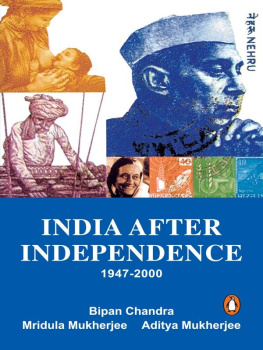First published 2017
by Routledge
2 Park Square, Milton Park, Abingdon, Oxon OX14 4RN
and by Routledge
711 Third Avenue, New York, NY 10017
Routledge is an imprint of the Taylor & Francis Group, an informa business
2017 Centre for Air Power Studies, New Delhi and KW Publishers Pvt Ltd
All rights reserved. No part of this book may be reprinted or reproduced or utilised in any form or by any electronic, mechanical, or other means, now known or hereafter invented, including photocopying and recording, or in any information storage or retrieval system, without permission in writing from the publishers.
Trademark notice: Product or corporate names may be trademarks or registered trademarks, and are used only for identification and explanation without intent to infringe.
Print edition not for sale in South Asia (India, Sri Lanka, Nepal, Bangladesh, Afghanistan, Pakistan or Bhutan)
British Library Cataloging in Publication Data
A catalogue record for this book is available from the British Library
Library of Congress Cataloging in Publication Data
A catalog record for this book has been requested
ISBN: 9781138243590 (hbk)
ISBN: 9781315272122 (ebk)
Typeset in Times New Roman
by KW Publications
Centre for Air Power Studies
Vision
To be an independent Centre of Excellence on National Security contributing informed and considered research and analyses on relevant issues.
Mission
To encourage independent and informed research and analyses on issues of relevance to national security and to create a pool of domain experts to provide considered inputs to decision makers. Also, to foster informed public debate and opinion on relevant issues and to engage with other think tanks and stakeholders within India and abroad to provide an Indian perspective.
Dedicated to the Blessings and in fond memory of my uncle and aunty Late N. Janakiram and Late Jaya Janakiram
This book has been greatly enriched with the valuable guidance, seminal advice and help of several individuals who in one way or another have extended their altruistic assistance and time in the completion of my research work.
First and foremost, my deep gratitude and indebtedness to the Director General of the Centre for Air Power Studies (CAPS), Air Marshal Vinod Patney for his unwavering support and sterling guidance, valuable and constructive criticism and friendly advice during the research work. I express my heartfelt gratitude to him for his steadfast encouragement without which the fruition of this study would have been difficult.
I would also like to acknowledge the Additional Director General of CAPS, Air Marshal KK Nohwar for being courteous and extremely approachable. His generosity in providing valuable suggestions and advice is greatly appreciated.
I am using this opportunity to express my gratitude to Dr. Manpreet Sethi who ensured smooth sailing for this book. Her personal interest, in spite her numerous commitments, shaped my efforts, culminating in this book. She graciously and patiently responded to my incessant requests and helped me in enriching the quality of my work. Her erudite, sincere and illuminating views on a number of issues holistically added value to the project. I wholeheartedly credit Dr. Manpreet Sethi for moulding my personality and thought process and channelising my efforts, without which my journey towards completion of this book would have been arduous and tumultuous.
A sincere thanks to all faculty members of CAPS who provided insight and domain specific advice, which greatly assisted the research. I am indebted to each and every member of CAPS for their contribution in enhancing the quality of my research work through constructive participation, polite disagreements, meaningful comments and suggestions during regular interactions which were assimilated and further added value to this study. I also thank my colleagues who read, wrote, and offered comments to the formative version of the manuscript, assisted in the editing, proof-reading and design.
I would like to extend my gratitude to Prof. Arun Kumar Mohanty for always being a source of encouragement. I would also like to thank my friends and express my deep feelings of gratitude, especially to Mr. Dilipraj, who has been a pillar of strength and encouragement and, more importantly, for believing in me.
Last, but not least, with love and reverence, I remember my family members for their unconditional love and support during the past two years for completion of my book.
Vinod Patney
Apart from a few hiccups, from the early 1960s when the erstwhile Soviet Union was a major force and a strong power block in its own right, the Indo-Soviet or later the Indo-Russian relationship has been on an even keel or better. It did not matter that India remained non-aligned throughout the period, right up to the present. In the 1960s, the Indo-Soviet friendship was apparent and palpable to any Indian visitor or trainee to the then USSR. In fact, Indias soft power was much in evidence and Indian film songs were sung, and listened to, with delight even in restaurants and hotels. Indian films and film stars are still very popular and our soft power is proving beneficial.
The 1960s also witnessed the start and burgeoning of the military relationship. The equipment was relatively less expensive and offered on rupee and deferred payments, at very low interest rates as well. The first big purchase was the MiG-21 aircraft, and the USSR allowed India licensed production, something not done for any other country. Very soon, an increasing percentage of Indias military equipment was of Soviet origin. More than one generation of military personnel have cut their teeth on Soviet equipment, learnt to appreciate and respect it, and used it effectively in the wars we were subjected to.
In the 1960s, Indo-Soviet relations showed growing promise with the USSR facilitating the Tashkent Treaty (January 10, 1966) after the 1965 War with Pakistan, indicating the close relations. Pakistans intransigence remained unabated and soon war clouds were on the horizon again. In 1971, when 10 million refugees from the then East Pakistan fled to India to escape the Pakistani wrath, it was a matter of time before hostilities started again. The USA openly sided with Pakistan and even ordered the USS Enterprise aircraft carrier into the Bay of Bengal. The situation was tense and the Indo-Soviet Treaty of Friendship and Cooperation (signed in August 1971) was a bold step that kept the Americans and may be even the Chinese away from direct action. Thereafter, it was almost taken for granted that the USSR would support India even though we remained one of the leaders of the Non-Aligned Movement (NAM). Such support manifested itself often at the UN and other multilateral fora. However, it must be stated that while India and the USSR did not always see eye to eye, the relationship did not sour.
In the 1970s, it was noticed that the USSR could not satisfy all our defence needs. Also, it was felt that it would be prudent to diversify our sources of procurement of defence equipment. Some strains in the relationship did result but they were not significant.



